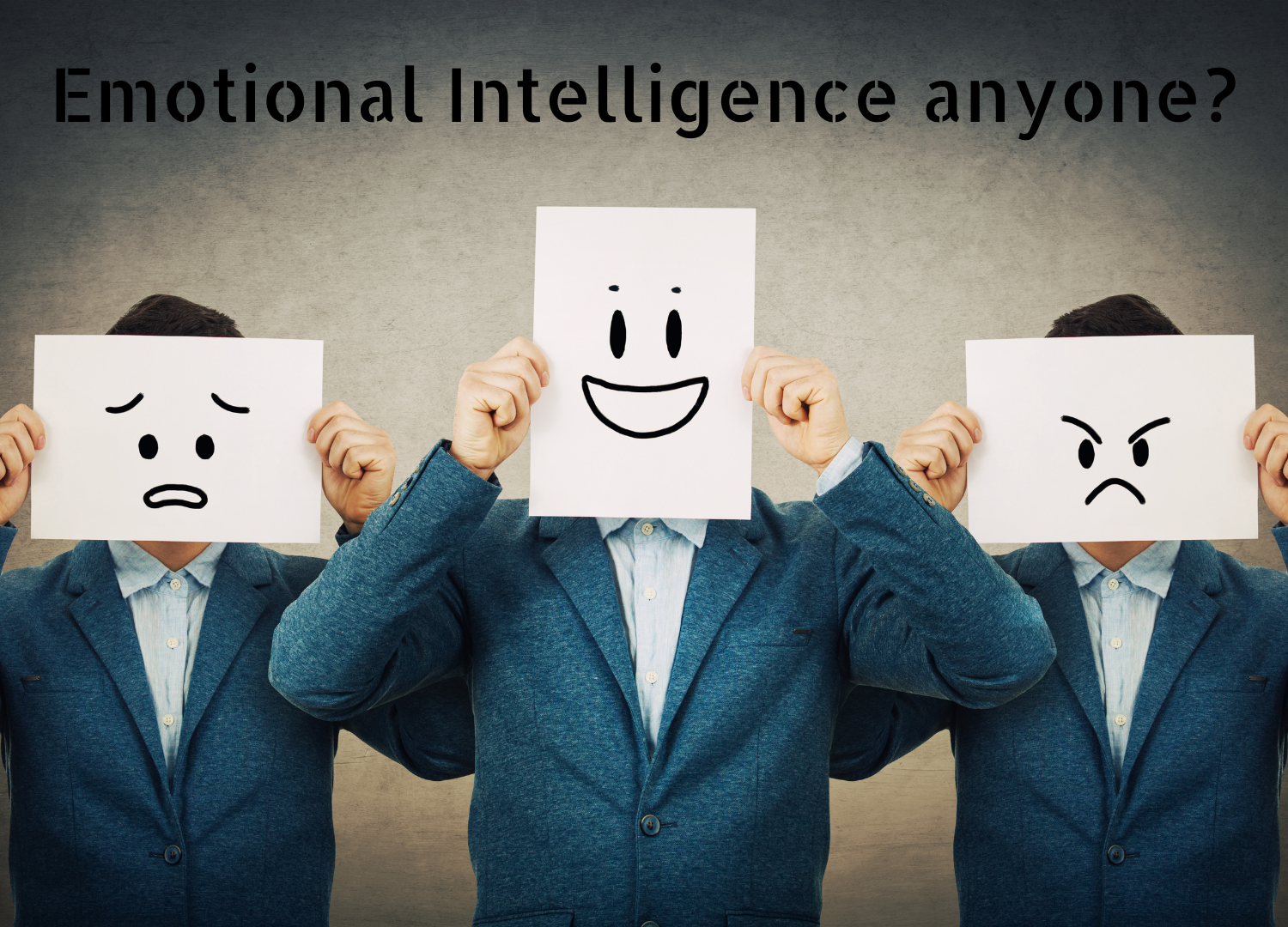With the increasing prevalence of remote work, the boundaries between professional and personal life have become blurred for many people. While there are many benefits to work from home like flexibility and convenience, working from home can also present many unique challenges that can lead to anxiety and ultimately feeling burnout from what feels like a continuous state of working. Burnout is a state of chronic physical, mental and emotional exhaustion often accompanied by feelings of cynicism and detachment from work and many times life in general. Let’s look at some strategies to empower you to prevent and avoid burnout as you enjoy your work from home career.
Routine! Routine! Routine!
Creating and maintaining a structured daily routine is key to preventing burnout while working remotely. This means regular work hours, consistent breaks as well as an obvious and clear separation within the home between work and your personal life.
Designated workspace!
This is a crucial for establishing psychological boundaries for a healthy work-life balance. Designate a specific area in your home for working rather it’s a corner or a room that is limited by only work-related activities. This space should be free from distractions to allow you to optimize your productivity. By creating a space separate from your living space, you will mentally associate it with work which will activate a mental off/on switch when you enter that space allowing there to be a boundary that will greatly reduce the risk of burnout.
Self-care is a must!
Do more of what brings you joy! Prioritize sleep, nutrition and hydration as well as mindfulness, movement and relaxation. Just as you would do working out in the world, maintain your social connections and seek support from friends. Schedule a lunch date, grab an early morning coffee or walk with friends during your scheduled breaks to stay connected and help alleviate the possibility of burnout.
Establish clear boundaries!
It’s very easy to blur the line between professional and personal life when working from home. Make sure to communicate your availability and working hours to colleagues, friends, clients/customers and family members to minimize outside distractions while working. Set guidelines for interruptions during work hours by using headphones, placing a physical or digital “do not disturb sign up”, silencing your phone or by scheduling phone calls and return emails.
Practice effective time management!
Effective time managmenet is the key to maintaining productivity while also preventing burnout. Set realistic goals for yourself and prioritize work tasks based on their importance and urgency to be completed throughout the workday. Utilize visual aids such as calendars or white boards to post tasks and their targeted completion date. Setting reminders on the computer or your phone can help you to stay on task, which ultimately helps with productivity as well as decreasing feelings of stress or feeling overwhelmed. Fight the urge to multi-task work and home tasks as it can be really easy to get distracted when doing this.
As remote work continues to be a prevalent mode of employment, the risk of burnout also remains a significant source of concern. Make sure to implement the tips and strategies recommended to mitigate the possibility of burnout and fatigue. It is imperative to remember that maintaining a healthy work-life balance and prioritizing mental well-being are fundamental to long-term professional success and overall happiness.
Learning how to avoid burnout while putting some strategies in place takes time and patience. I’m here to support you through your journey. If you’re struggling with creating a healthy work-life balance, I can help! Let’s schedule a 30-minute complimentary consultation to talk a little bit about what’s going on in your world and what action you’d like to take for it to be even better. I look forward to hearing from you. Take care!
wh






































